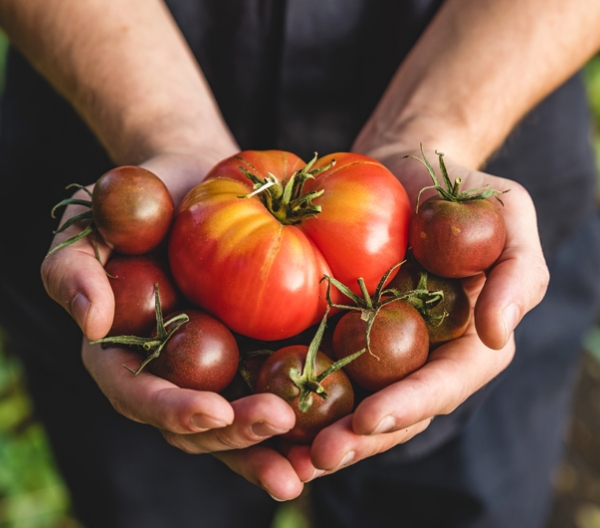Peter's Memo: Our latest work on added sugar
Sodas, fruit drinks, sports drinks, energy drinks, and other sugary beverages lead to unhealthy weight gain and are linked to a higher risk of type 2 diabetes and heart disease.
And over half of U.S. adults—and roughly three-quarters of school-aged children—consume more added sugar than health experts recommend.
Here’s a roundup of what the Center for Science in the Public Interest (Nutrition Action’s publisher) is doing to help people dodge the sugar that’s flooding our food supply.
“Keep Soda in the Soda Aisle”
Big Soda sends grocery chains massive payouts to entice shoppers by prominently placing sugary drinks not just in the soda aisle, but also at “endcaps,” freestanding displays, and checkout lanes.
We’ve asked the 40 largest chains and beverage companies to stop hawking sodas throughout supermarkets. And we’re urging communities to petition companies to “Keep Soda in the Soda Aisle,” where it belongs.
Require restaurants to disclose added sugar

Chain restaurants are required to list calories on menus and to disclose saturated fat, sodium, and other key nutrients upon request. In January, we petitioned the FDA to also require chains to disclose added sugar. If restaurants are going to sell sugar-laden foods and drinks, the least they can do is let us know.
Require school foods to limit added sugar
By law, school lunches, breakfasts, and à la carte foods have to follow the government’s Dietary Guidelines for Americans, which urge us to get less than 10 percent of our calories from added sugar. In January, we petitioned the USDA to set sugar limits on foods in school cafeterias, vending machines, and elsewhere.
Tell the whole truth about added sugar
In December, we helped convince New York City to pass the Sweet Truth Act, the country’s first law requiring warnings on high-sugar foods in chain restaurants. But the warnings only apply to prepackaged items, like bottled soda, that contain more than an entire day’s worth of added sugar (50 grams, which is 12 teaspoons). Now we’re working to expand the warnings to non-prepackaged items, including fountain soda.
Reconsider pouring rights
Many universities sign contracts that give Big Soda exclusive rights to sell, market, and advertise on campus.
It’s bad enough that these “pouring rights” often give schools a financial incentive to sell sugary drinks to college students. But a new study by CSPI and Johns Hopkins researchers shows that those contracts can also expose teens and children to marketing for sugary drinks at on-campus summer camps, athletic events, or programs for disadvantaged youth.
We’ll keep you posted.
Peter G. Lurie, MD, MPH, President, CSPI
Continue reading this article with a NutritionAction subscription
Already a subscriber? Log in

SUPPORT CSPI
More ways to give
Hungry for change? CSPI offers numerous ways to give—choose the one that's right for your financial circumstances. No matter how you choose to contribute, your tax-deductible gift will fuel the fight for safer, healthier food.

